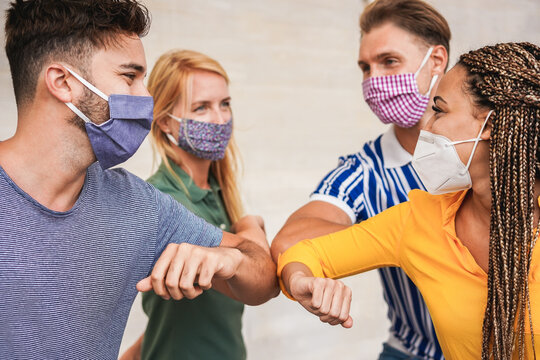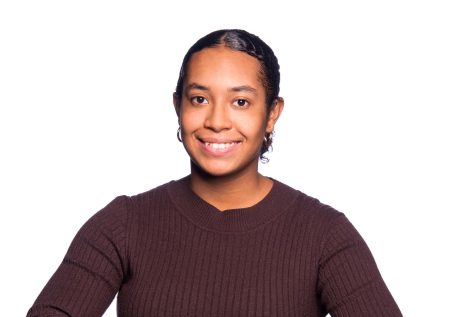How Is COVID-19 Affecting Friendships?

Before coronavirus became a everyday word, Mercy College student Ami Konate used to see her friends daily and had healthy relationships. Nowadays, it’s almost impossible for her to maintain a single friendship outside those she’s quarantined with.
“Social distancing made me socially and physically distant from my friends,” says Konate. “I didn’t have any social media at the beginning of the pandemic. Then four months into the pandemic, we started drifting apart because we barley talked with each other anymore.”
Konate’s struggle is similar to millions of people across the world who have struggled with maintaining friendships while staying socially distant.
As the U.S. nears the one-year anniversary of the country’s shutdown, it similarly marks the last time many have seen their friends in person and had dates with peers and potential suitors. As time went on, many turned to meeting up with peers in outdoor settings such as outdoor dining or parks — but as the temperature dropped along did many people’s options for interactions. In addition to maintaining social distancing and a healthy life, the pandemic has introduced the difficulty of maintaining and nurturing friendships through a global pandemic. Gatherings of large groups have been banned during the shutdown periods.
So is the pandemic ruining our friendships? Yes and no, depending on who one talks to. For some, a global pandemic can bring some people together as many are all feeling drained and scared. It’s not unusual to feel depleted right now, said Los Angeles marriage and family therapist Abigail Makepeace.
“This kind of mental and emotional fatigue is extremely common and very normal, considering the state of the world. Much of our energies are focused on how to best deal with the very unfamiliar experiences of the pandemic,” she said.
It’s common for people to redirect his or her attention on maintaining friendships to other big issues such as “how am I going to pay for my groceries next week?” According to the American Psychological Association’s October Stress in America report, 67 percent of Americans say that the pandemic has increased their levels of stress. What’s even more troubling is that essential workers, Black and Hispanic people, young adults and unpaid adult caregivers have experienced disproportionately worse mental health outcomes, especially since they have been hardest hit from the pandemic according to the Centers for Disease Control and Prevention.
“It has been extremely hard to keep in touch with some of my friends and family members,” says Mercy College junior, Soliany Santiago. Santiago is one of many students who has seen her personal and academic life drastically altered from the pandemic. Two years ago today, she was taking all in-person classes, now she barley takes one. But as the pandemic provided many roadblocks in her life. One thing she’s grateful for is that she has other platforms to connect with others.
“I guess one thing that has really helped all of us during this pandemic is social media, in the aspect of staying in touch,” says Santiago.
Social media usage has gone up since the start of the pandemic, which was to be expected. For many friendships and family members, they have turned to virtual web chats such as group Zoom calls or FaceTime’s to catch up with each other after a hard, long day of worrying about job security. However, for some, after spending all day on the computer for work, many feel like a end of the day Zoom call with twelve of your cousins, aunts and uncles can feel more taxing than relaxing.
“I prefer to have a fluid conversation with someone face to face rather than over the phone/text or social media,” says Santiago.
Fast forward to 2021, many Americans are getting vaccinated to prevent the spread of COVID, some restaurants are opening back up and many distant friends and family are starting to see each other again. Happy times are ahead right? Not quite. While it’s true that the opening up of different places are becoming more of a reality again, many are still hesitant to meet up with others and the results have become challenging for many students and everyday citizens.
After a year of quarantining and socially distancing, many have had to change their views and modes of communications, including Konate.
“To keep myself sane and sociable, I opened Instagram this month and I just hope things start going back to the way they were.”

Britney Guzman is a Senior at Mercy College. She writes a column called Quali-Tea News where she discusses her love for cats, Taylor Swift and mental...







